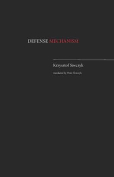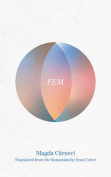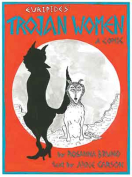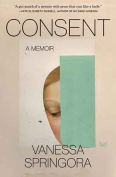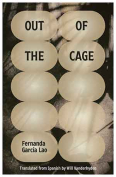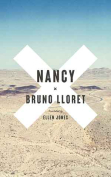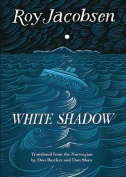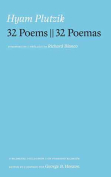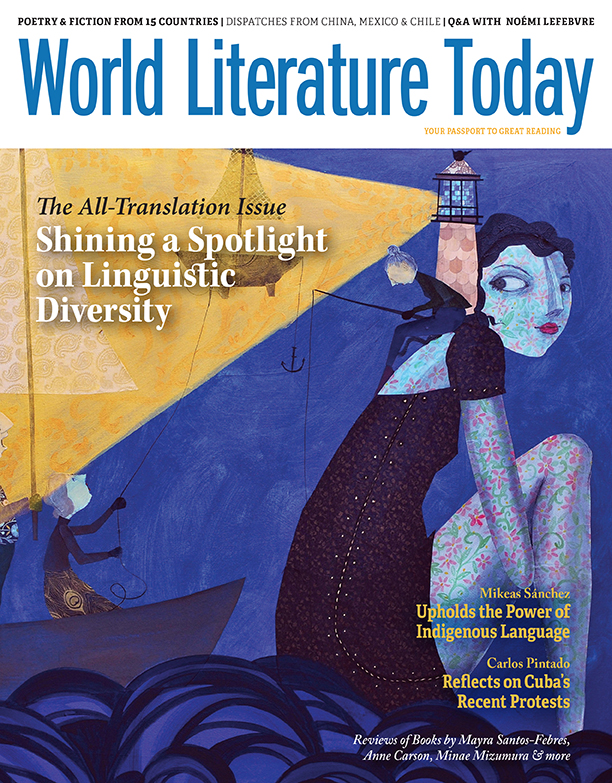Consent: A Memoir by Vanessa Springora
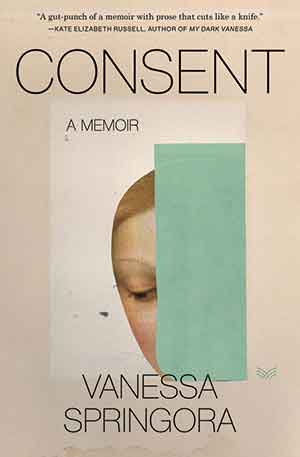 New York. HarperVia. 2021. 194 pages.
New York. HarperVia. 2021. 194 pages.
VANESSA SPINGORA’S memoir, Consent, is not an easy book to read. This is not because of her writing style, or the translator’s rendering of the French into English. In fact, Natasha Lehrer’s translation is superb, at times approaching a sublime atmosphere blending fairy tale and horror. Consent is a story we know too well: a successful older man seduces and takes advantage of a much younger girl, systematically raping her over a period of years. In this case, V., as she calls herself in the memoir, is seduced by G., a famous writer and thoroughly unscrupulous man of Paris’s Saint-Germain-des-Prés.
Structurally the book lends itself to being read as if one were looking through a photo album, with each chapter providing a picture of V.’s life with G. at certain moments, all moving toward the abyss. The structure provides the reader with a greater sense of how V. recalls her life in a way that supports, but also makes as accessible as possible, the trauma of her experience. Perhaps even more disturbing is the fact that nearly everyone in V.’s life is complicit in the affair. Her relationship with G. was an open secret, and most chose to look the other way or put G.’s behavior down to his “genius” as an author. Perhaps most damning is V.’s mother and her refusal to protect her daughter.
The title of the memoir, Consent (Le Consentement in French), is also an indictment of the circumstances and the world in which V. found herself. V. never gave her consent to be used by G. in the way that he did, to become someone’s fantasy, or be sacrificed by her mother and the social circle surrounding them. What is most devastating is the inability to fully recover one’s life, one’s childhood, after a traumatic experience such as this, and V. writes with brutal honesty and precision, further exposing herself to the world. In one of the most horrifically honest statements, V. writes: “When you’re fourteen, it’s not normal for a fifty-year-old man to wait for you outside your school. It’s not normal to live with him in a hotel, to find yourself in his bed at teatime with his penis in your mouth.” It’s not normal to sacrifice our children to monsters.
V. is not writing this memoir solely for herself; she’s writing it as a plea to stop normalizing the type of toxic masculinity that is often excused because the male is a “great artist.” Great art does not excuse this type of behavior, and until we acknowledge this and stop accepting it, more childhoods will be stolen and destroyed. Consent is powerful and tragic, and one of the most important testimonies on this subject ever written.
Andrew Martino
Salisbury University



